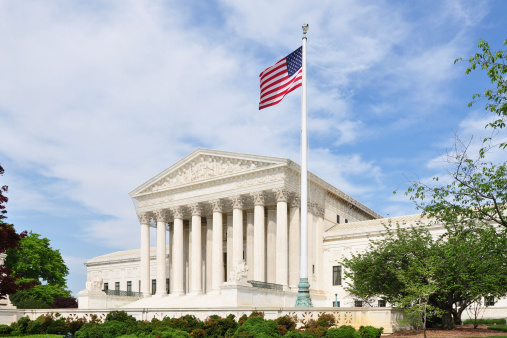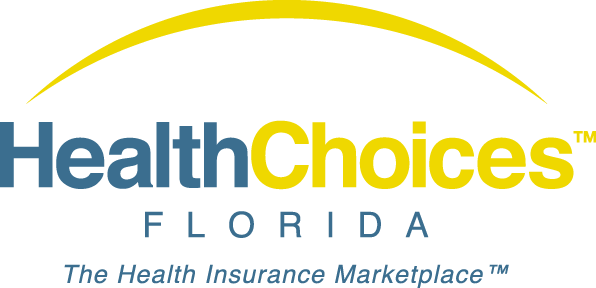Almost one year ago, I wrote a blog titled “What’s in a brand?” In it, I reviewed Florida Health Choices’ first use of the tagline “Health Insurance Marketplace,” the reason it was chosen as our official slogan, and our efforts to develop and protect the brand. A few days later, on January 30, 2015, attorneys…

Results of the King v. Burwell Ruling
The Supreme Court of the United States has finally announced a ruling in the case of King v. Burwell upholding the subsidies awarded to Floridians who enrolled in coverage through healthcare.gov. I have been watching and listening from the sidelines as various pundits predicted a variety of dire consequences if the justices had ruled differently. Below are my comments on some of the more common predictions:
Prediction: After taking advantage of the insurance subsidies to buy coverage, over one million Floridians will likely owe thousands of dollars back to the IRS at tax time.
Result: 1.3 million Floridians and every certified public accountant that assists them with their tax returns will not have to deal with writing a check back to the IRS. This is a headache averted for tax professionals and their clients who would have collectively owed more than 4 billion dollars for the 2015 tax year.
Prediction: Without subsidies, coverage purchased through healthcare.gov would be unaffordable for most, resulting in dropped coverage, rising premiums, and market disruption. The common term for this in the insurance business is “death spiral.”
Result: With subsidies continuing, an immediate death spiral is not triggered because subsidy recipients will not see a dramatic and unexpected increase in their premium payments. Florida’s participating insurers are probably pleased that 1.3 million policy holders will be able to continue their coverage.
Prediction: States are unprepared to take over the task of establishing their own exchanges, leaving consumers without a means by which to obtain subsidies.
Result: Thirty four states, including Florida, will continue to have the option of establishing their own exchange, but a state of emergency is avoided. States that want to pursue this option can consider it in a thoughtful way and no special session need be convened.
Prediction: States that have not established an exchange will lose all funding for state Medicaid and Children’s Health Insurance programs.
Timothy Jost of Washington and Lee University School of Law noted that the phrase “Exchange established by the State” appears ten times in the ACA with the majority of instances applied to the Medicaid and Children’s Health Insurance programs. He opined that if the plaintiff’s argument about the premium tax credits was accepted and applied consistently throughout the law, it would result in the cancellation of all Medicaid and Children’s Health Insurance programs if a state has not also established an Exchange under the ACA.
Result: Florida’s Medicaid program will continue in its current form and is unaffected by today’s ruling. Florida’s KidCare program can continue in its current form for a while, but federal funding must be revisited by the U.S. Congress in the near future.

